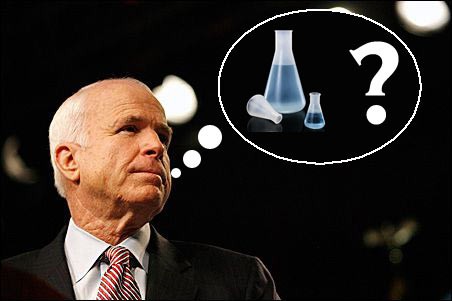Government Regulations Do They Help or Hurt Yostivanich
Post on: 16 Март, 2015 No Comment

Cosmic Variance is a blog that discusses mostly physics related news and advances, noted an interesting study this morning. The study ( PDF ) examined the number of patents granted for sulfur-dioxide control technologies per year, noting at the points when major air control legislation listed. The graph can be quickly summed up by saying that before the legislation was in place virtually no patents were granted, going back to 1887. Post the Clean Air Act ( 1960 ) and the Clean Air Act Amendment ( 1970 ), the average number of patents going into 1995 is well over a 100 per year. The only reasonable explanation and the one that the study found was that government regulations when they force pollution to be more expensive than financing R & D into limiting pollution and implementing those ideas, was more effective than leaving it up to the marketplace.
Generally speaking, I personally am in favor of limiting government intervention into the marketplace. Anyone who has even worked with the government on a limited basis knows that all aspects of the government are over regulated and limited in terms of flexibility and innovation. Also government entities can’t simply assume new duties or go in a new direction as Google or most companies can, instead they have to receive approval via a legislative body generally or an order from one of the other branches of government. This combined with the current political atmosphere leads to a an almost snails pace in terms of the government making changes. Also has been seen numerous times, our representatives in government aren’t not always knowledgeable in all areas in which they are required to cast votes and make decisions on. Nor should they be, we have experts from both sides of an issue to handle this. Politicians should be good at one thing listening and weighing the merits of an argument and reaching a consensus, in short a good politician should be likened to a good judge. Currently I would argue that this doesn’t occur often enough.
So why here is the government an effective mechanism, when the majority of the times they simply create more problems or are too far behind to be of much use? The main reason is that in this and other related areas the marketplace looks at the consequences of pollution and doesn’t see too many intrinsic reasons to invest in green tech. This appears to be changing as both the idea of global warming is becoming more realized to people, and green technology is one of the fastest growing trends in engineering across the board. This is not to say that the marketplace is wrong, it’s simply that the marketplace as an inherent part of it’s design only examines things in the very short time frame. A long term project at most companies is something with a time span of 4 – 6 years. Looking at the effects of putting sulfur into the air 50 or more years into the future is simply not a factor for businesses.
Government regulation becomes a necessary factor when the marketplace will not solve problems or the problems become something that must be looked at decades into the future. This is especially important given that the US is currently in opposition to a global agreement on cuts on global greenhouse emissions. While I would argue that the Bush administration has some logical points, the lack of India and China is one such example. Overall however if change is to occur it has to start on some sort of level. And given that Bush recently agreed that climate change was a real problem and that a goal was needed on greenhouse gases, it seems silly to reject regulation in this area. Politicians all the time have to work with imperfect laws that aren’t exactly what they want or that always have no drawbacks for their constituents, that is the nature of a representative government, not everybody gets what they want.
P.S. To those of you who would argue that global warming is not real, you would at least agree that all the crud we throw up into the air can’t be good for at the very least the health and safety of humankind. The majority of pollutants are also dangerous to humans. I would also encourage you to read the Intergovernmental Panel on Climate Change, before responding as that is widely considered one of the most recent and authoritative studies on the matter.
Update ( 15 Dec. 2007. 1. 01 am) The US just agreed to a deal at the Bali Conference which I mentioned earlier, no clue yet what the total agreement is.
Web Developer, constant student, backpacker and hater of the Oxford comma.














